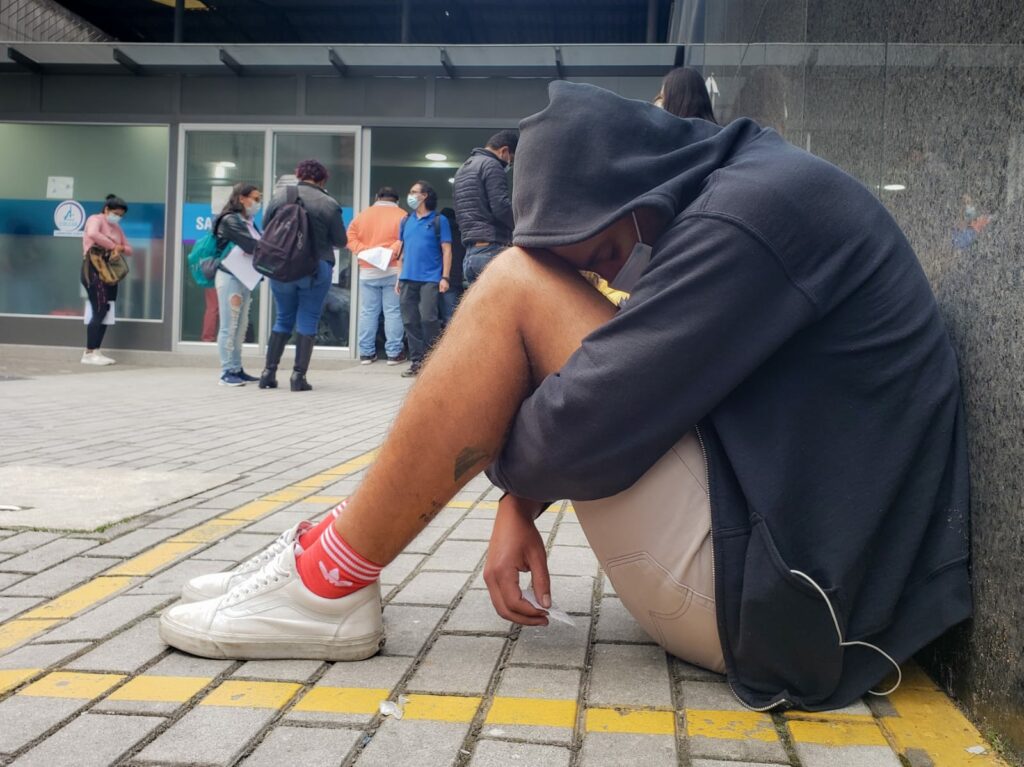Bogotá quarantine: Suba, Engativá and Usaquén will return to strict lockdown at midnight.

The number of coronavirus cases and deaths are beginning to rise again nationwide, especially in the capital. As bogotanos return to work after the Christmas and New Year festivities, authorities have introduced new measures to try to control the number of cases.
Colombia has signed vaccine agreements with AstraZeneca and Pfizer, but it will be some time before the vaccine can be rolled out nationwide. In the meantime, 259 people died from coronavirus in Colombia on Dec. 29 — the highest number in recent months. Emergency room occupancy is at 77.6% in Bogotá, and acting mayor Luis Ernesto Gómez has announced a return to strict quarantine for three districts.
Gómez met with representatives of the Ministry of Health this afternoon and agreed the localised quarantine measures. That said, the government only agreed on the condition the move could be re-evaluated next Tuesday.
In addition, the city will see a ban on alcohol sales for the upcoming holiday weekend. Beginning at 6 pm on Friday, Jan. 8, you will only be able to buy alcohol by domicilio until 5 am on Tuesday, Jan 12.
Pico y cédula will remain in operation throughout the city until at least Jan. 15. The restriction, which forbids those with odd-numbered IDs from shopping or banking on odd days and even-numbered IDs on even days, does not apply to hotels and restaurants.
Strict lockdown in Suba, Engativá and Usaquén
Starting at 11.59pm tonight (Jan. 4) and finishing at 11.59pm on Jan.17, Suba, Engativá and Usaquén will return to the strict lockdowns we saw earlier on in the pandemic. As with previous lockdowns, only essential workers will be able to move freely and one person per household will be allowed out. Be aware that pico y cédula still applies.
- There will be a total curfew between 8pm and 5am
- No alcohol sales at weekends
- Only one hour of exercise permitted per day
- Domicilio services will be able to operate freely
According to the alcaldía, these three districts have seen big increases in the numbers of positive cases. Each recorded an increase of over 50% in case numbers between Dec. 5 and 18.
Travel concerns
Many people, including the mayor of Bogotá, have travelled both nationally and internationally during the holiday period, raising concerns about additional coronavirus spread. Gómez tweeted that between Saturday and Sunday, approximately 700,000 people entered Bogotá. “This corresponds to a population equal to that of Cúcuta returning to Bogotá, which increases the risk of contagion,” he said.
As a result, authorities ask people arriving in the city to enter voluntary isolation for at least seven days.
After some legal wrangling, Colombia will now also require a negative PCR test from anyone arriving into the country. International passengers — including infants — will have to provide a negative PCR test that was carried out within the last 96 hours. Those who do not have the test can take it here, but will have to quarantine until they get the results.
Story updated following Gómez’s meeting with the Ministry of Health.





